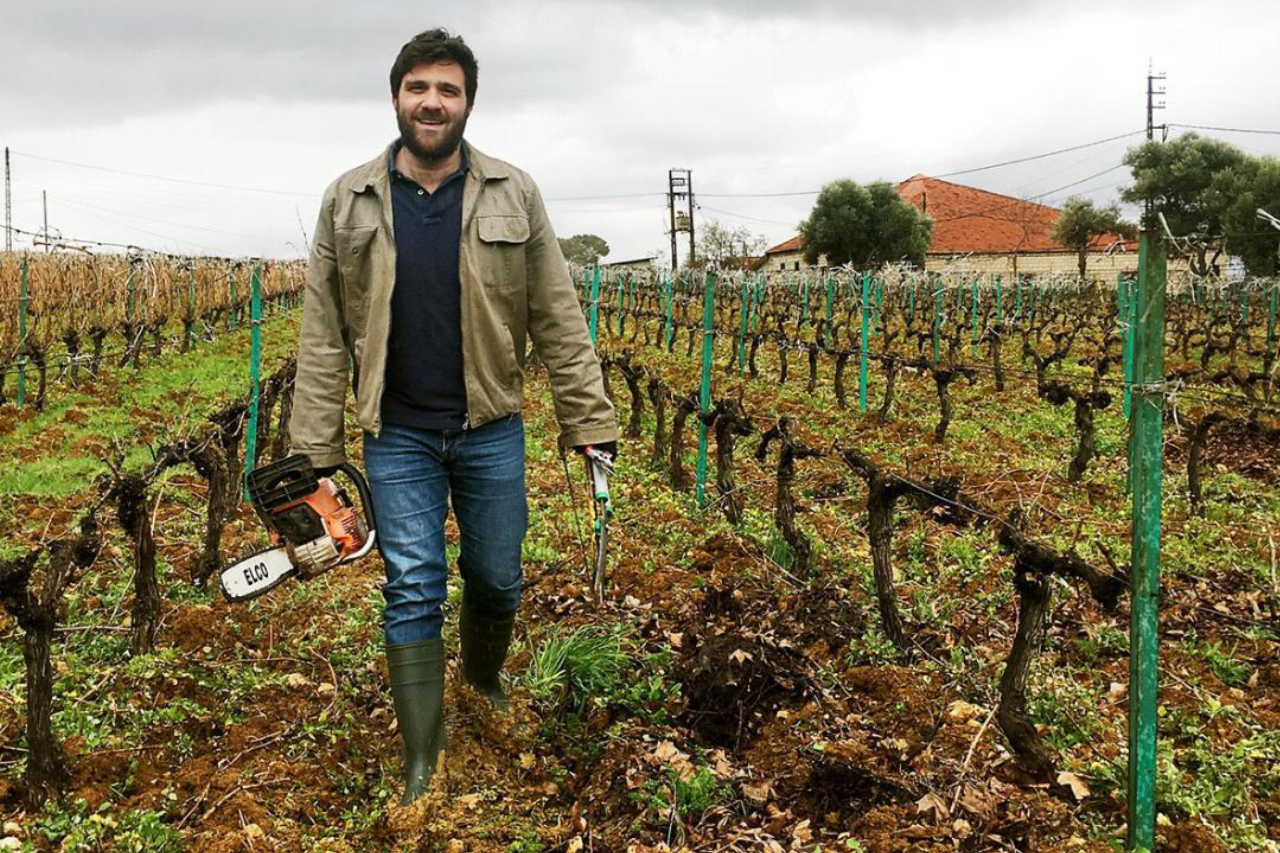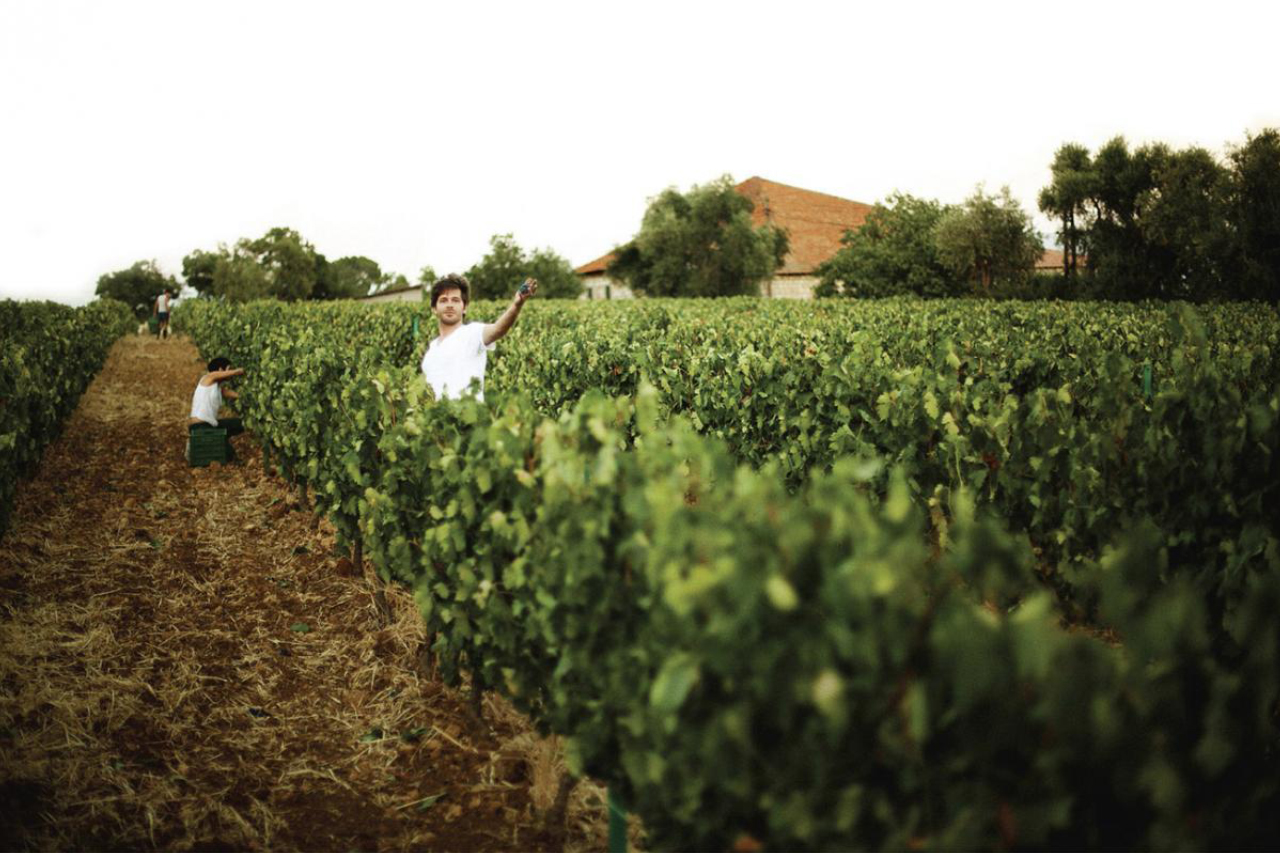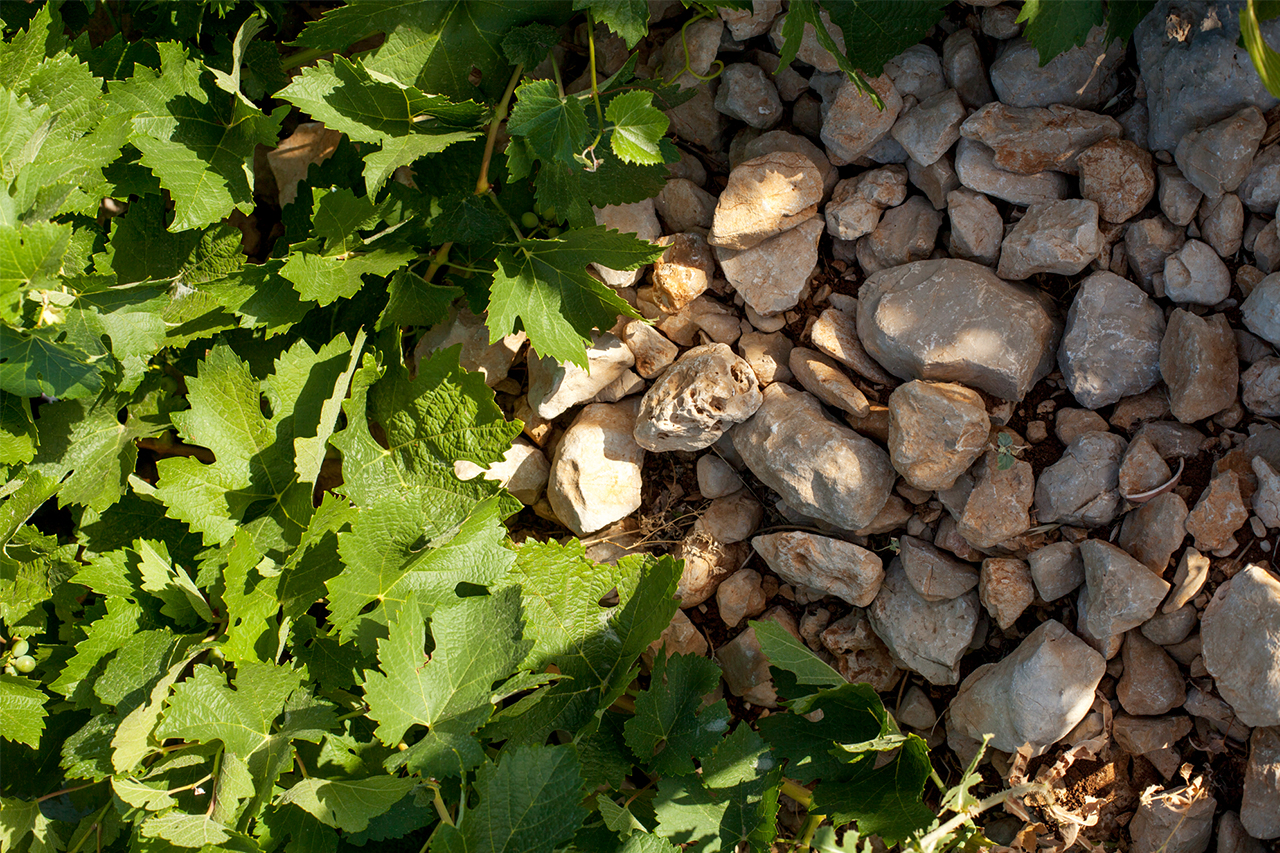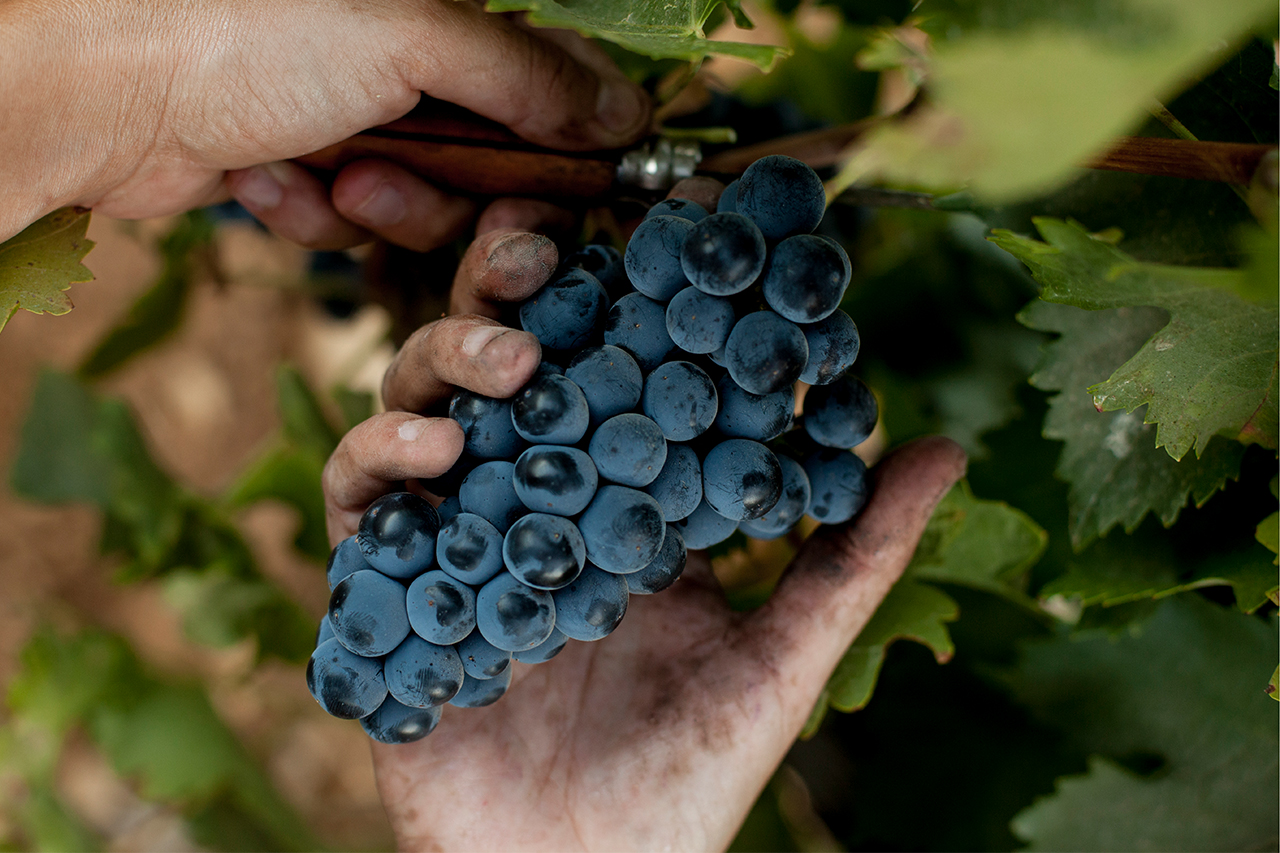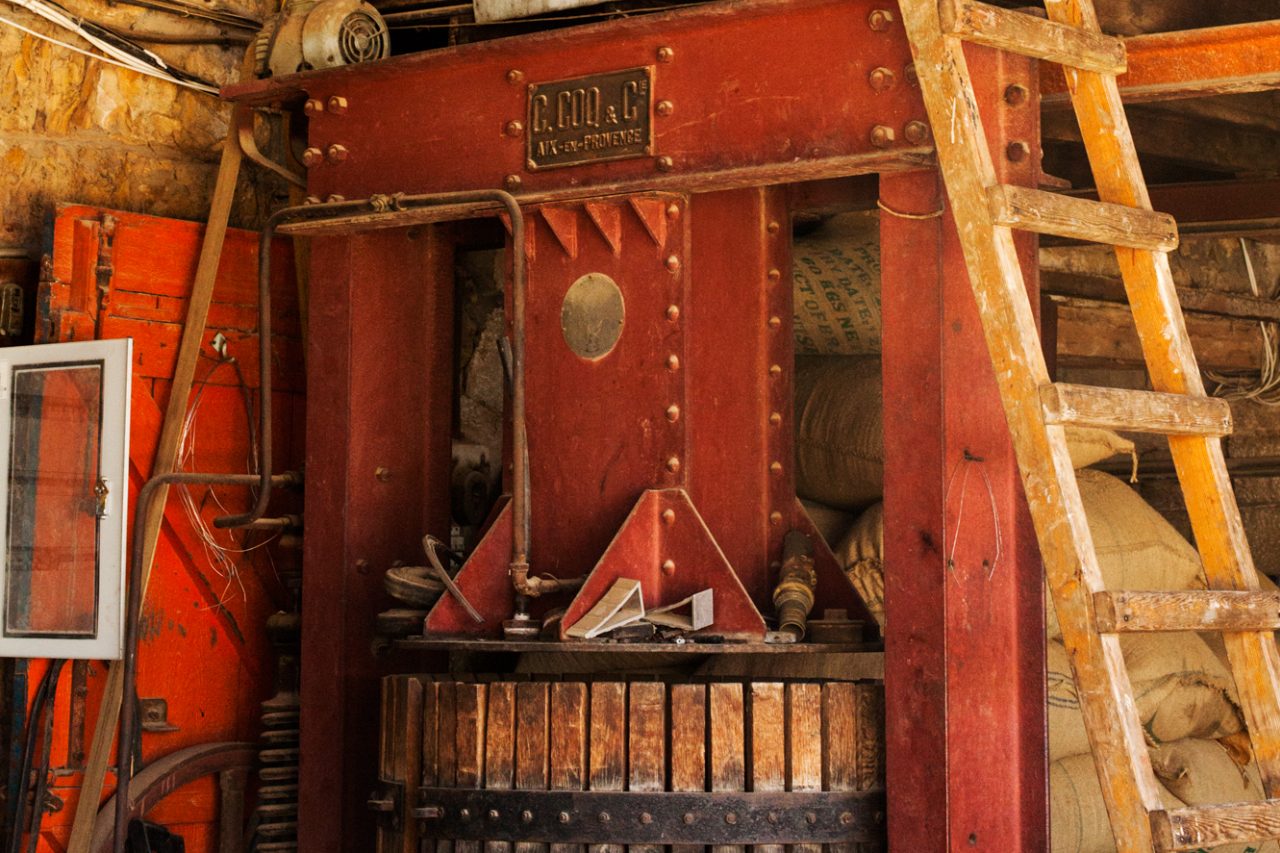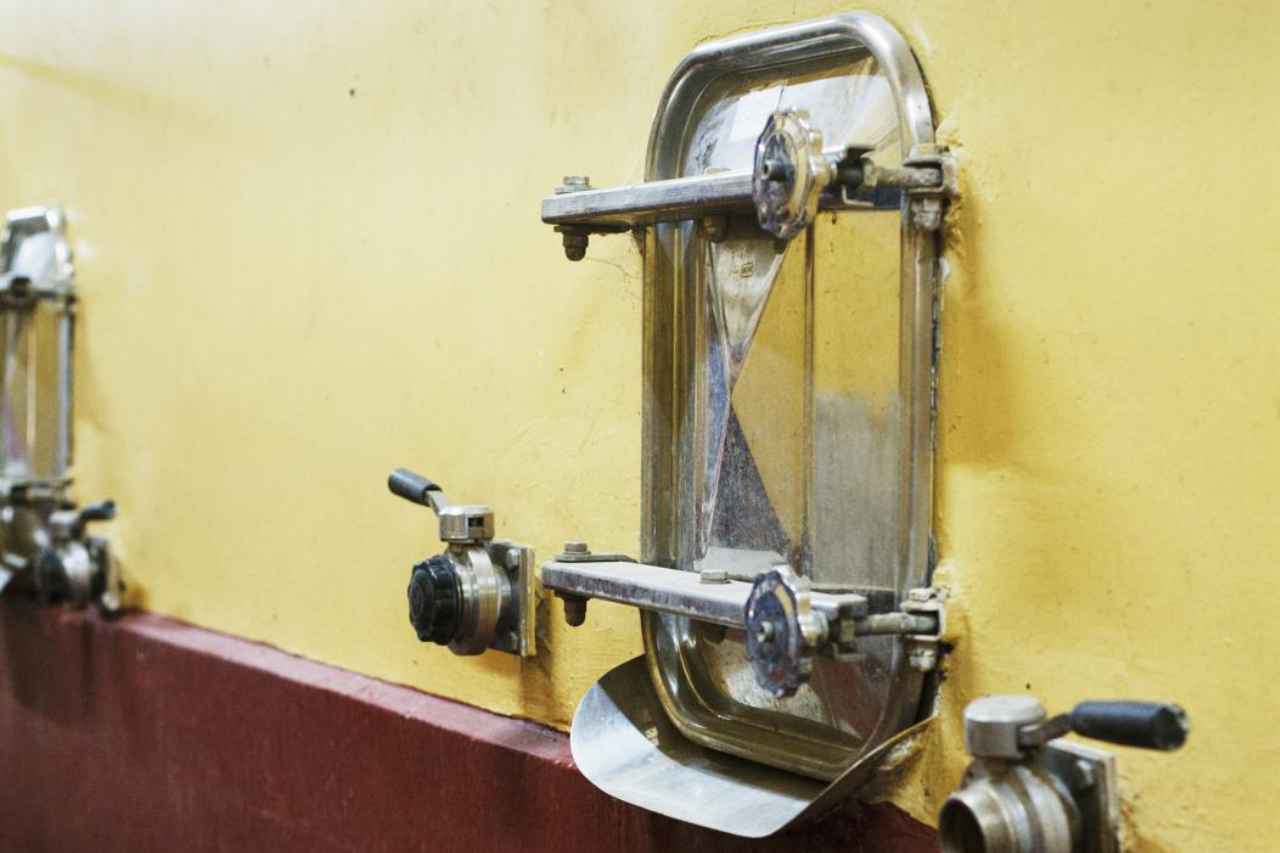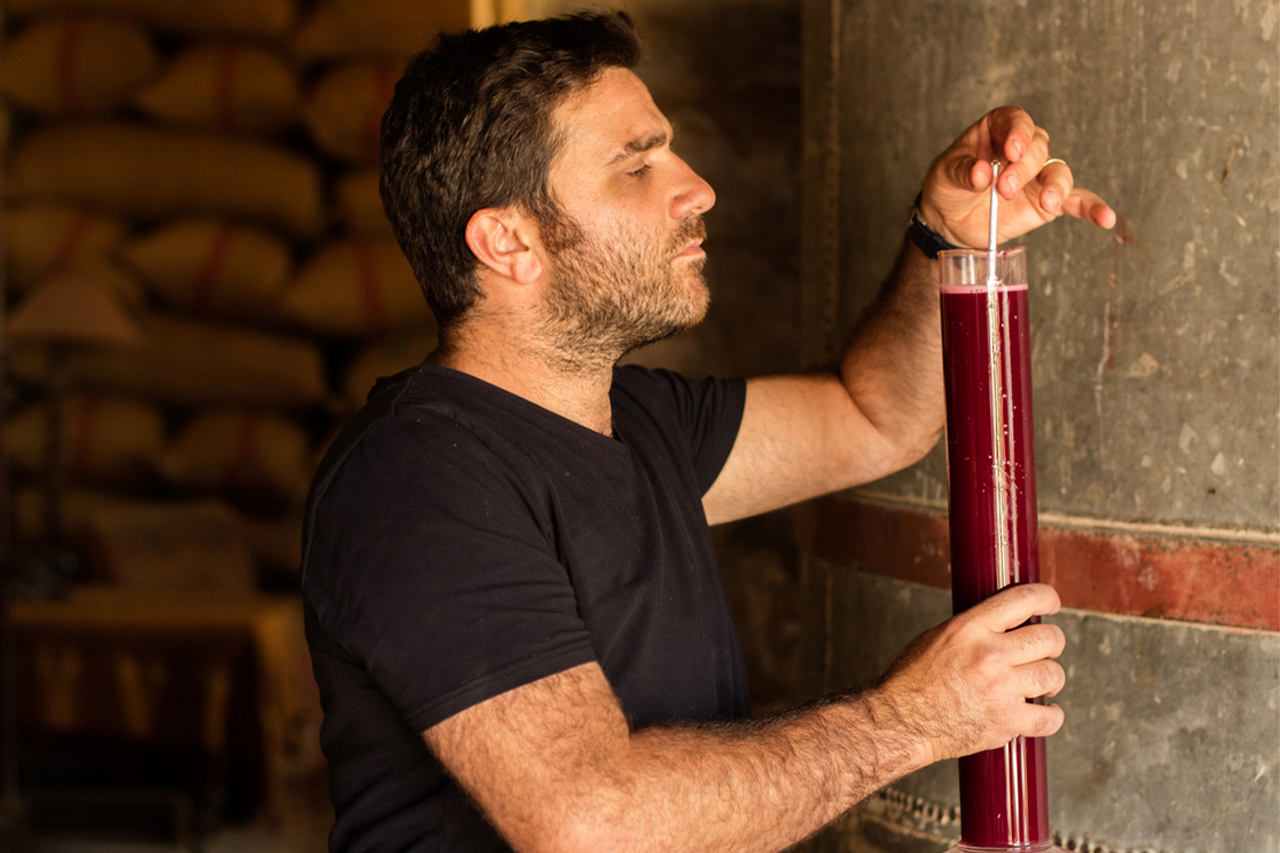

Founded in 1868 by French ex-pat François-Eugène Brun, Domaine des Tourelles on the western edge of the Bekaa valley has […]
Keep ReadingFounded in 1868 by French ex-pat François-Eugène Brun, Domaine des Tourelles on the western edge of the Bekaa valley has changed little since its founding. The low-slung buildings topped with red clay tiles have an ageless feel, and behind the cellar doors, you will discover a working museum of 19th-century winemaking technology. The cement tanks used for fermentation and blending are original to the property and have a patina from nearly a century and a half of continual use. An ancient basket press sits in a corner as a reminder of a time when a vigneron was also a carpenter, welder, and machinist, as well as a farmer and artisan. That the estate survived the 20th century without having been completely remodeled and modernized is an absolute miracle, so when vignerons in France and Spain talk about returning to their roots, Domaine des Tourelles has the advantage of never having departed from them. This would all be academic were it not for the passion and vision of winemaker Faouzi Issa. While the estates in France, where he worked as a student, were actively researching and experimenting with incorporating traditional winemaking practices back into their “technical” wines, Faouzi knew he would return to a place that never forgot them. It also gave him the confidence to take what his family had preserved in Bekaa and bring it to the wider world.
Since antiquity, the Bekaa valley was famous for its grapes and wines. While only 30-50km from the Mediterranean coast, the valley is at an average elevation of 1000 meters and surrounded by mountains – Mount Lebanon in the west and the Anti-Lebanon range in the east. Both ranges are composed of limestone, sandstone, and dolomite, which has weathered to form heavy clays in the center of the valley where cereal grains are grown, and poor, gravelly clays on the edges where vines and olive trees thrive. Despite its southern latitude, its elevation ensures warm, dry days and cool nights during summer. In winter, the oak- and cedar-clad mountains are snow-covered, ensuring plenty of groundwater year-round. A testament to this ideal location for making wine, the largest surviving temple to Bacchus still stands in surprisingly good condition at Baalbek in the heart of the Bekaa.
While its roots are ancient, the more recent history of winemaking in the Bekaa can be traced back to the mid-19th-century when commercial winemaking returned to the valley. Many of these early pioneers were either French-born or French-inspired. While some indigenous varieties can still be found, such as Obeidi and Merwah, the Bekaa was largely replanted with Cinsault, Carignan, and Grenache in the 19th century, followed by Chardonnay, Viognier, Cabernet Sauvignon, and Syrah in the 20th. Despite this diverse range of grape varieties, the best-made wines in Bekaa share a common element of balanced rich, ripe fruit and a bright mineral freshness that is a hallmark of the region and its unique terroir.
Blessed with an ideal climate for growing grapes, Faouzi Issa has a simple philosophy of sustainable and manual farming, social responsibility, hand harvesting, indigenous fermentation, minimal SO2, and a preference for neutral oak aging for their red wines except for the small production Marquis des Beys and Syrah du Liban. Temperature control for the red wines is entirely passive and based on centuries of knowledge on keeping cool in a hot climate. While most wines ferment in cement tanks, the whites and rosé are fermented in temperature-controlled stainless steel tanks to preserve their freshness. The byproducts from the fermentations are composted and returned to the soils. These are not only sustainably-made wines, but they are wines of tremendous authenticity, minimally made, and nourishingly Mediterranean.
CloseFaouzzi Issa in Spring 2018 getting ready for a day of pruning.
A younger Faouzi shortly after returning from his studies abroad in France.
View of the Bekaa Valley looking east towards the Anti-Lebanon range.
Harvest at Domaine des Tourelles
The gravelly clay limestone soils at the edges of the Bekaa where vines thrive particularly well.
The prevailing dry conditions of the Bekaa valley ensures very healthy grapes. At Domaine des Tourelles, everything is picked by hand.
Domaine des Tourelles is a working museum of 19th century technology like this old basket press that is still in use. It is easy to maintain and yields the best results.
The cement tanks at Domaine des Tourelles are also from the 19th century and are some of the oldest in continual use. Due to their size they are perfect for maintaining the correct temperature during fermentation without having to resort to refrigeration.
Everything at Domaine des Tourelles is done by hand performed by, or under the supervision of Faouzzi.
Most days you will find Faouzzi in a t-shirt, jeans, and work boots - all fitting for a working vigneron.
